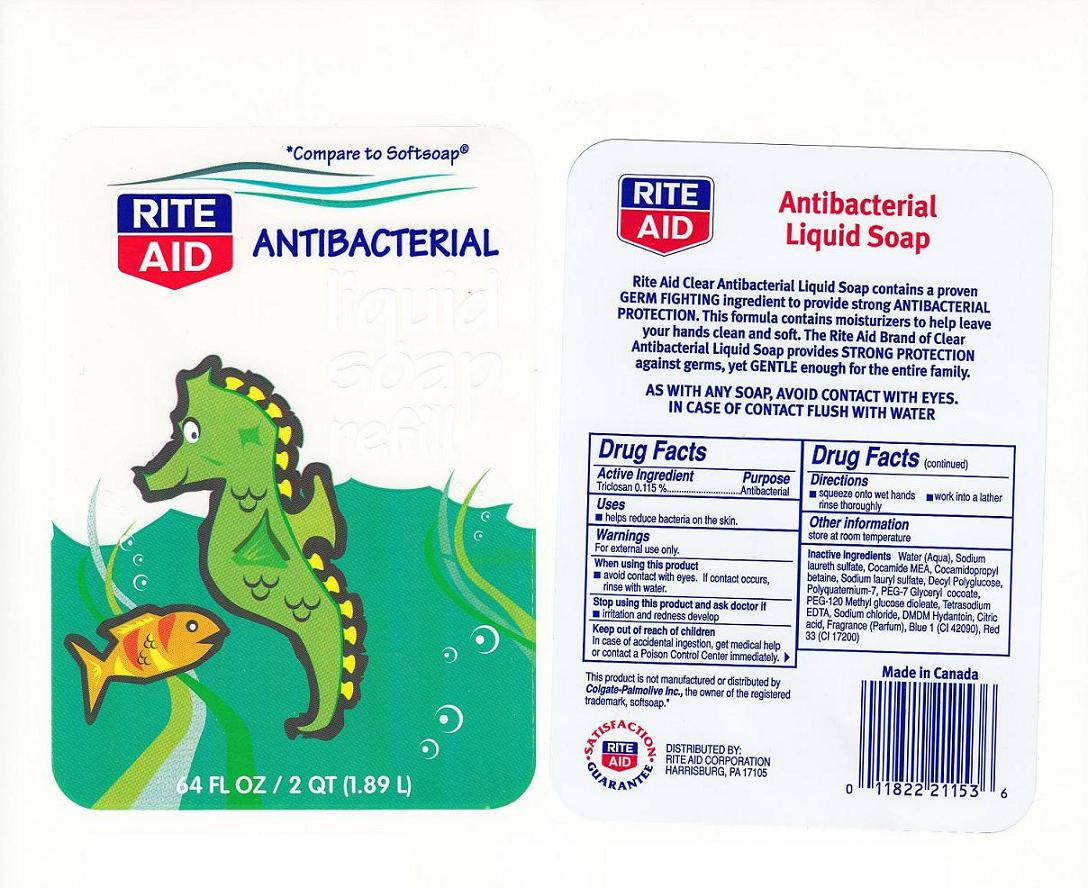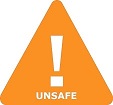Rite Aid Antibacterial | Triclosan Soap while Breastfeeding

What is Rite Aid Antibacterial | Triclosan Soap used for?
Brief: Antibacterial
What are the risk associated with Rite Aid Antibacterial | Triclosan Soap usage while breastfeeding? What precautions shall I take while using it in breastfeeding?

Triclosan and Breastfeeding
UnsafeTriclosan is used in a variety of common household products, including soaps, mouthwashes, dish detergents, toothpastes, deodorants, and hand sanitizers. It is also used in health care settings in surgical scrubs and personnel hand washes. Triclosan has been found in human serum, urine, and breast milk. Triclosan is capable of impacting microbiome diversity of infants. As not much study has been done hence its recommended to avoid this product in breastfeeding.
Note: Study and data for external use onlyWarning: Tropical usage in breast area shall be avoided to prevent the Triclosan passing orally in Infants.
What if I already have used Rite Aid Antibacterial | Triclosan Soap?
We have already established that Rite Aid Antibacterial | Triclosan Soap is unsafe in breastfeeding and breastfeeding while using Rite Aid Antibacterial | Triclosan Soap is not a good idea however if have already used
I am nursing mother and my doctor has suggested me to use Rite Aid Antibacterial | Triclosan Soap, is it safe?
If your doctor knows that you are breastfeeding mother and still prescribes Rite Aid Antibacterial | Triclosan Soap then there must be good reason for that as Rite Aid Antibacterial | Triclosan Soap is considered unsafe, It usually happens when doctor finds that overall advantage of taking
If I am using Rite Aid Antibacterial | Triclosan Soap, will my baby need extra monitoring?
Yes, Extra monitoring is required if mother is using Rite Aid Antibacterial | Triclosan Soap and breastfeeding as it is considered unsafe for baby.
Who can I talk to if I have questions about usage of Rite Aid Antibacterial | Triclosan Soap in breastfeeding?
US
National Womens Health and Breastfeeding Helpline: 800-994-9662 (TDD 888-220-5446) 9 a.m. and 6 p.m. ET, Monday through Friday
UK
National Breastfeeding Helpline: 0300-100-0212 9.30am to 9.30pm, daily
Association of Breastfeeding Mothers: 0300-330-5453
La Leche League: 0345-120-2918
The Breastfeeding Network supporter line in Bengali and Sylheti: 0300-456-2421
National Childbirth Trust (NCT): 0300-330-0700
Australia
National Breastfeeding Helpline: 1800-686-268 24 hours a day, 7 days a week
Canada
Telehealth Ontario for breastfeeding: 1-866-797-0000 24 hours a day, 7 days a week
